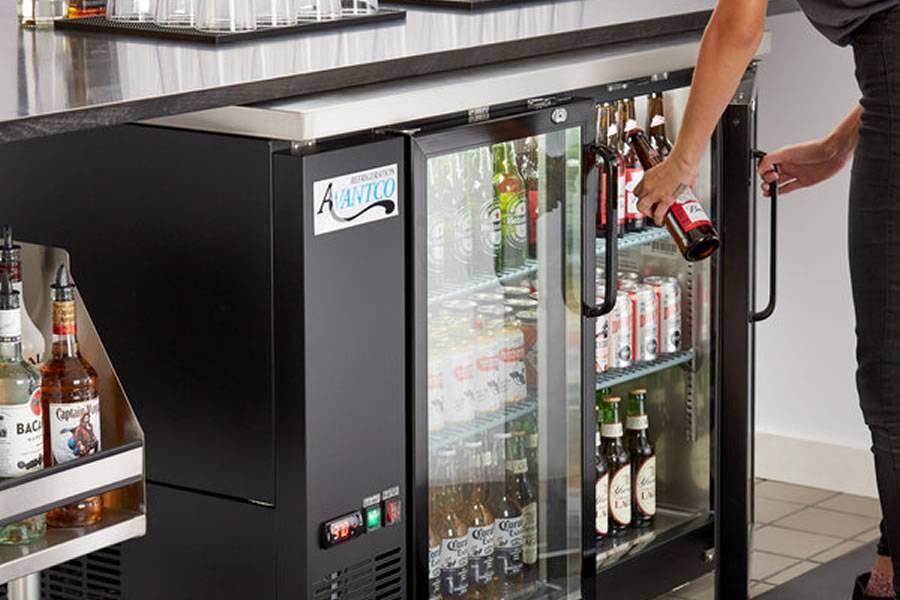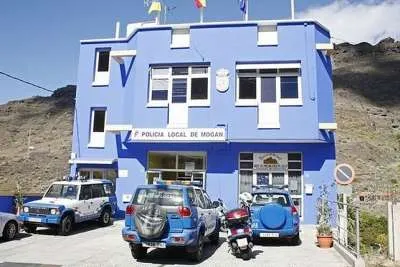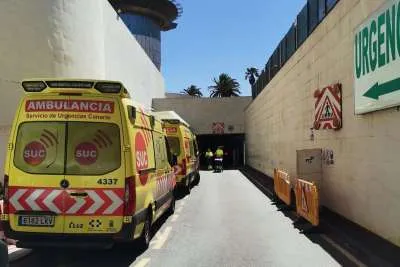New tax will affect bars, restaurants, and any business with fridges and air conditioning
- 28-09-2022
- Business
- Canarian Weekly
The owners of bars, restaurants, and supermarkets, in fact, anyone who has a business that uses air conditioning or refrigeration, are about to be hit with a new tax introduced by the government this month which will make it more expensive to buy and re-gas these units.
In reality, it is not a brand new tax, but a modification to the Greenhouse Gas Tax which into force on September 1st, which is levied on the manufacture or import of pre-charged appliances, and also the first ‘gassing’ for newly installed refrigeration equipment.
Representatives of the hosteleria sector say they are opposed to the measure, because it is putting prices up by between 5% and 10%.
They claim that Spain (which includes the Canary Islands) was already one of the few EU countries with a special tax on the emission of greenhouse gases used as refrigerants in these types of systems.
Now, on the grounds of simplifying the system, which has been in force since 2015, the government has extended its application, as before it only applied to recharging old equipment, not new installations.
Who does this tax affect?
The gases affected by this tax are hydrofluorocarbons, perfluorocarbons, and sulphur hexafluoride, which are necessary for the operation of all types of refrigeration and air conditioning units.
Some twenty associations representing manufacturers and distributors of household appliances, air conditioning equipment, and machinery for the hotel, catering and similar industries; domestic hot water production; commercial and industrial refrigeration; companies that use refrigeration installations; air conditioning, electricity, plumbing, gas, fire protection, refrigeration, and ventilation installation companies, have all opposed this tax. Together, they include more than 34,000 businesses with 462,000 direct employees and a combined turnover of more than 126 billion euros.
The tax is complicated to calculate:
The way the tax is calculated is complicated as it depends on the weight of the products and there are three different rates depending on how much the gases can affect global warming, whether or not they are pre-prepared, or whether they are recycled or regenerated.
Other articles that may interest you...
Trending
Most Read Articles
Featured Videos
TributoFest: Michael Buble promo 14.02.2026
- 30-01-2026
TEAs 2025 Highlights
- 17-11-2025




























































